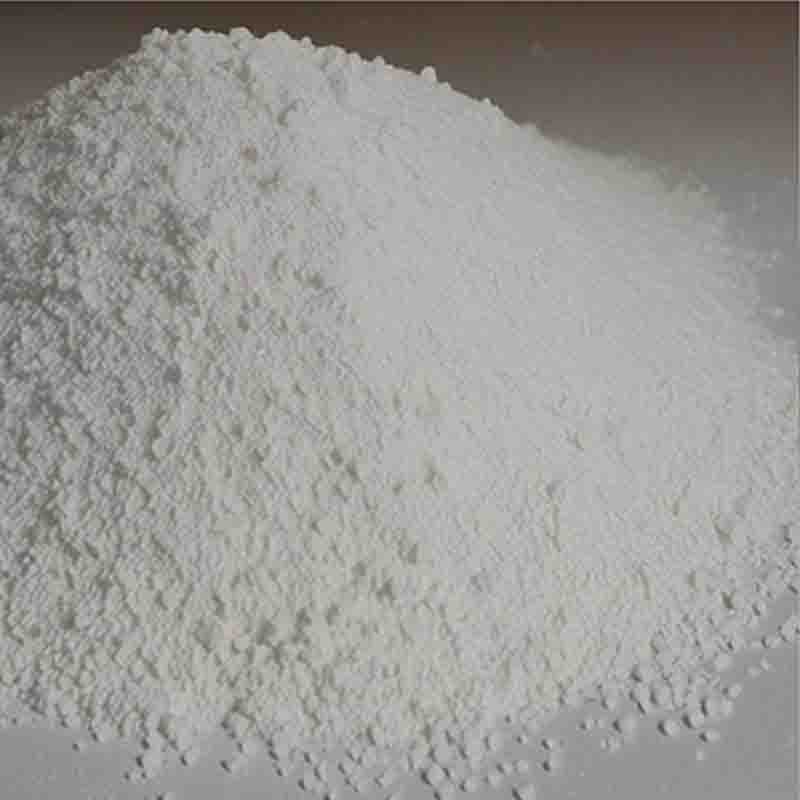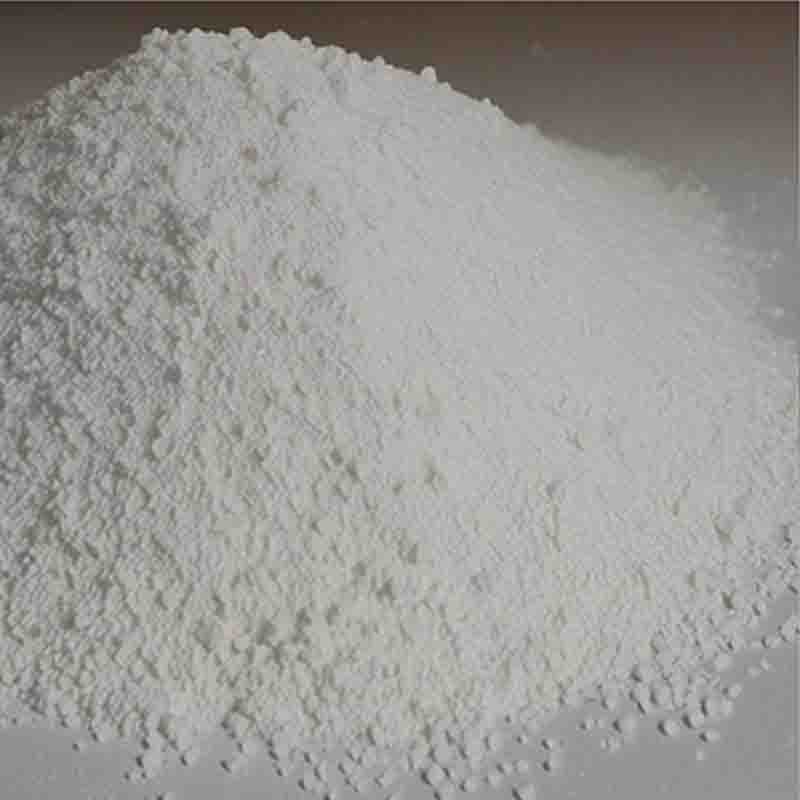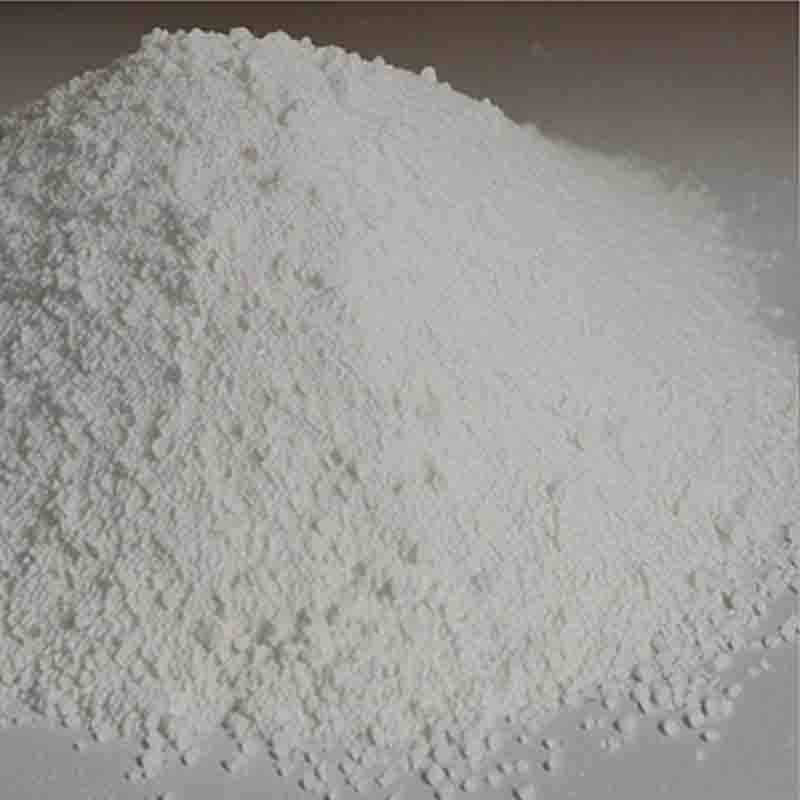Tritylolmesartanethylester CAS:144690-33-5
| Catalog Number | XD95397 |
| Product Name | Tritylolmesartanethylester |
| CAS | 144690-33-5 |
| Molecular Formula | C45H44N6O3 |
| Molecular Weight | 716.87 |
| Storage Details | Ambient |
Product Specification
| Appearance | White powder |
| Assay | 99% min |
Tritylolmesartanethylester is a compound that belongs to the class of angiotensin II receptor antagonists, which are commonly used for the treatment of high blood pressure and other cardiovascular conditions. This particular compound has been studied for its potential effects on blood pressure regulation and cardiovascular health.
One of the main effects of tritylolmesartanethylester is its ability to block the action of angiotensin II, a hormone that constricts blood vessels and increases blood pressure. By blocking the angiotensin II receptor, this compound helps to relax blood vessels and lower blood pressure, which can reduce the risk of heart attack, stroke, and other cardiovascular complications.
In addition to its blood pressure-lowering effects, tritylolmesartanethylester has also been studied for its potential to improve cardiovascular health in other ways. For example, some studies have suggested that this compound may have anti-inflammatory and antioxidant properties, which could help to protect the heart and blood vessels from damage caused by oxidative stress and inflammation.
Furthermore, tritylolmesartanethylester has been investigated for its potential to improve insulin sensitivity and glucose metabolism, which could be beneficial for patients with diabetes or other metabolic disorders. By improving insulin sensitivity, this compound may help to reduce the risk of developing diabetes-related complications, such as heart disease and kidney damage.
Overall, tritylolmesartanethylester appears to have a range of potential effects on cardiovascular health, including its ability to lower blood pressure, reduce inflammation, and improve insulin sensitivity. However, more research is needed to fully understand the benefits and potential risks of this compound, as well as its optimal use in clinical practice.
In conclusion, tritylolmesartanethylester is a promising compound with potential effects on blood pressure regulation and cardiovascular health. Further research is needed to determine its safety and efficacy in clinical settings, but it may offer new options for the treatment of high blood pressure and other cardiovascular conditions in the future.




![3-Ethoxy-4-Methoxy-alpha-[(Methylsulfonyl)Methyl]-benzeneMethanaMine CAS: 253168-94-4](https://cdn.globalso.com/xdbiochems/白色粉末1246.jpg)

![3-Bromo-1,3,4,5-tetrahydro-2H-benzo[b]azepin-2-one CAS: 86499-96-9](https://cdn.globalso.com/xdbiochems/白色粉末1396.jpg)


